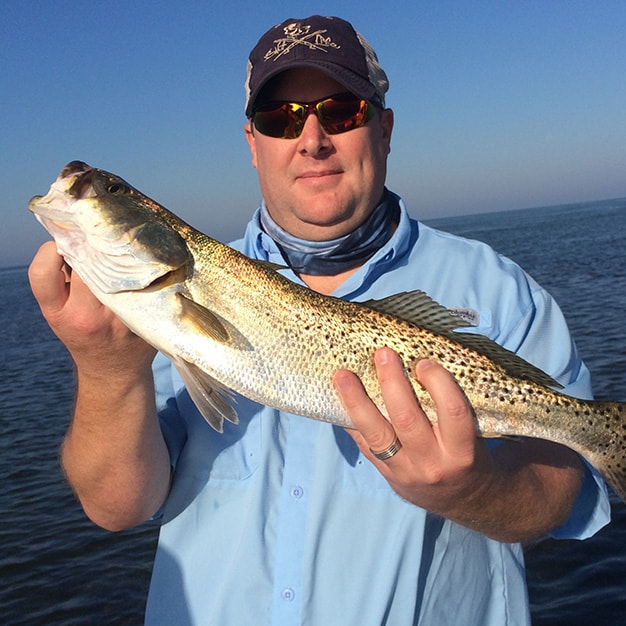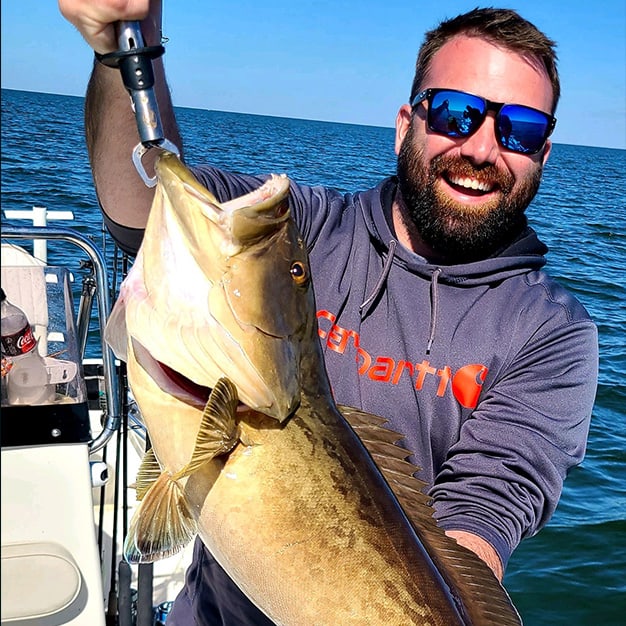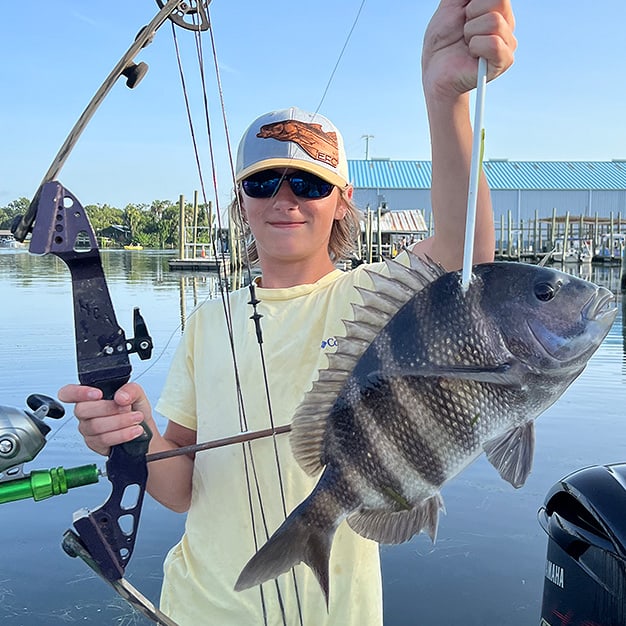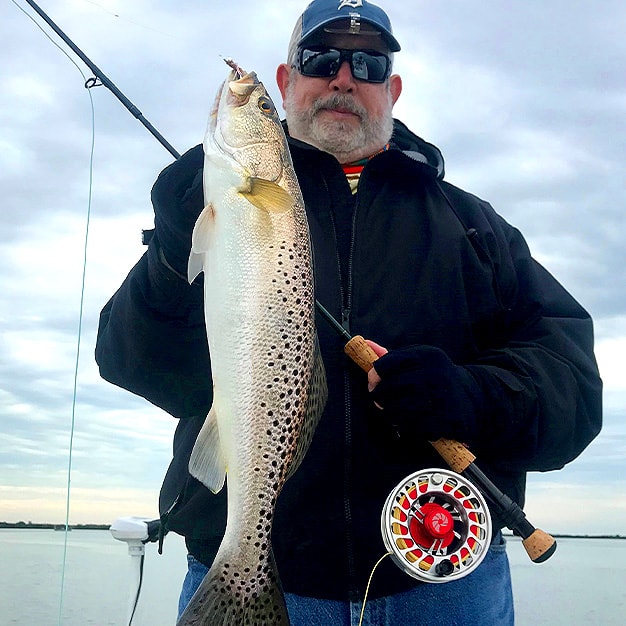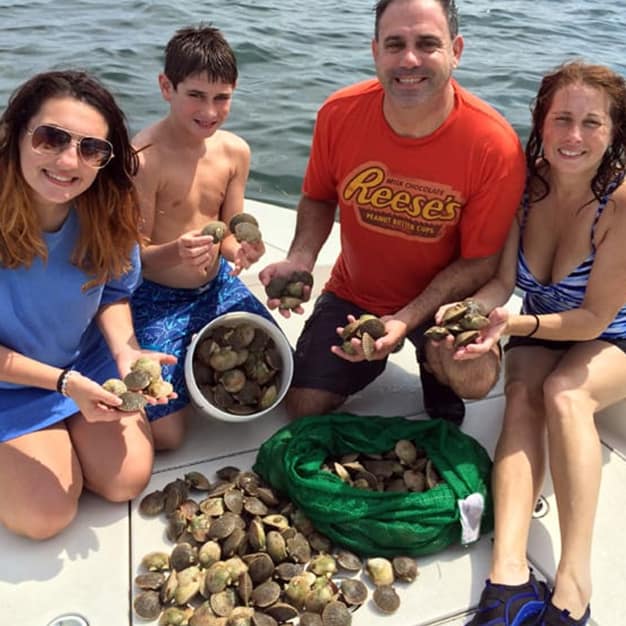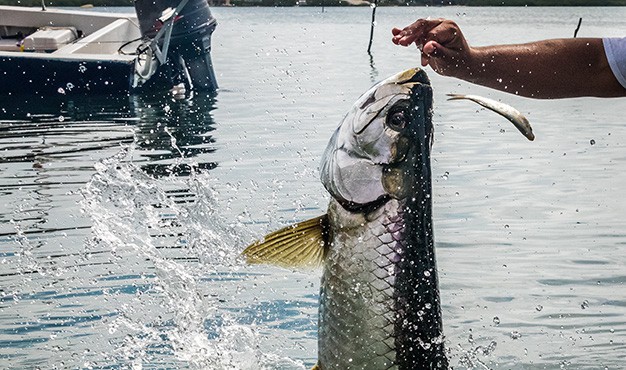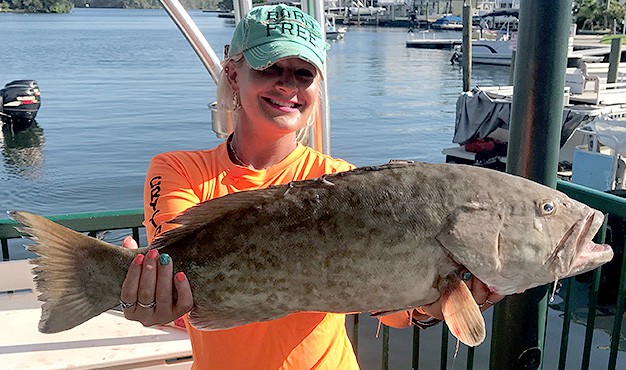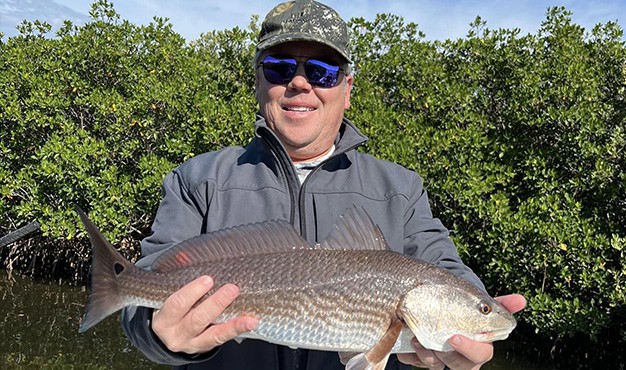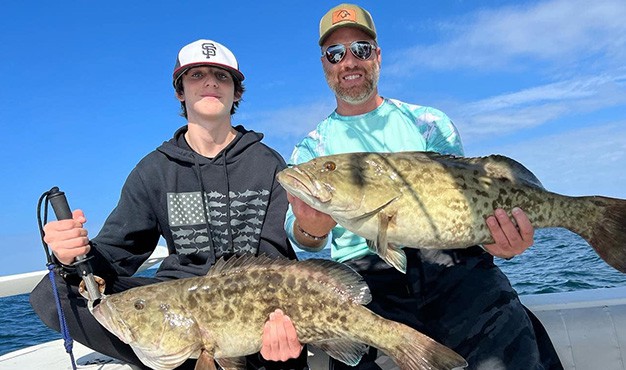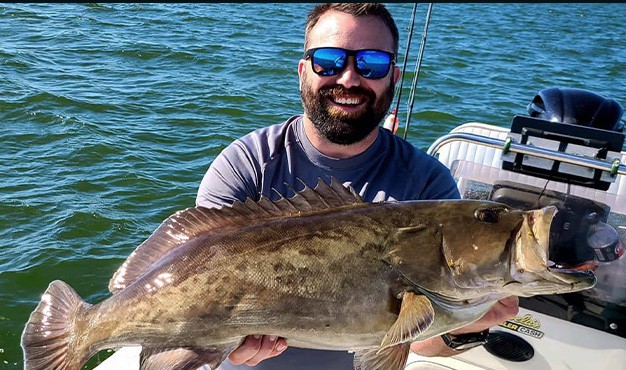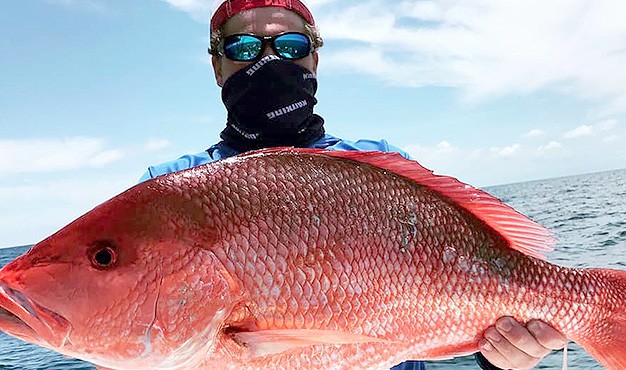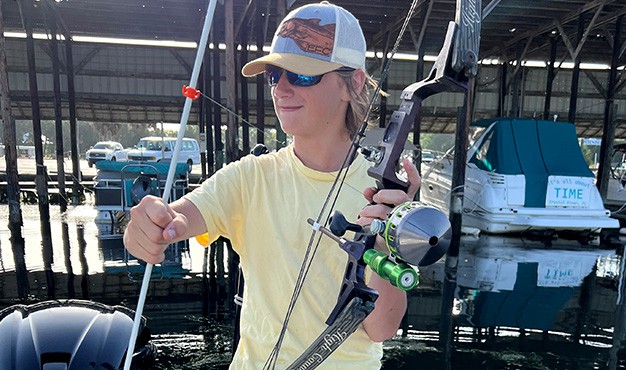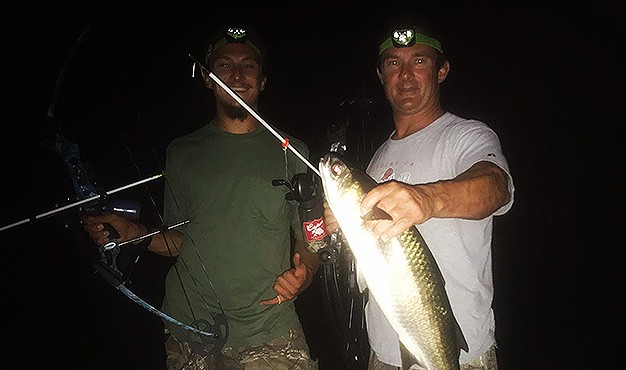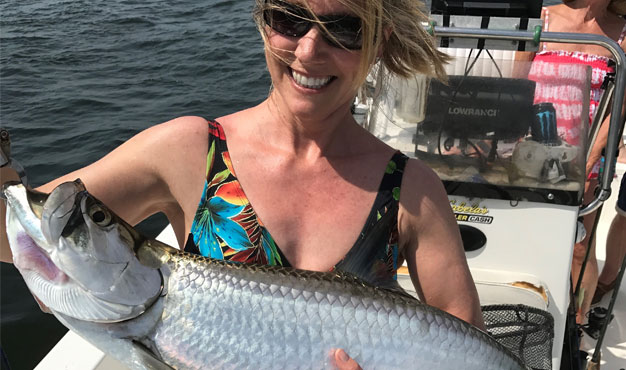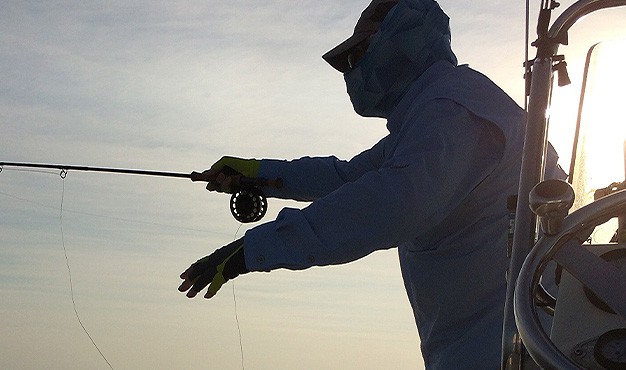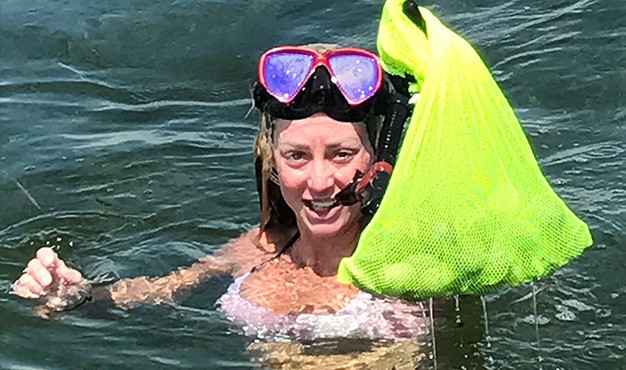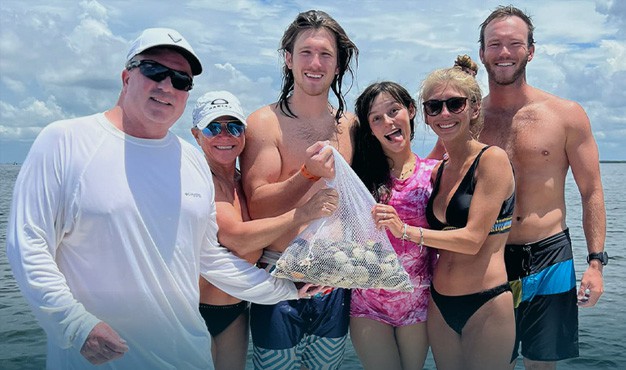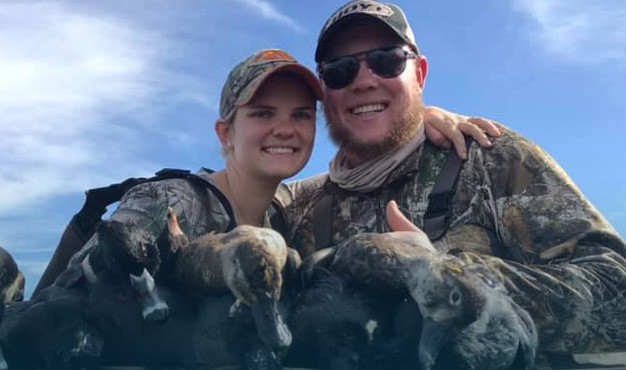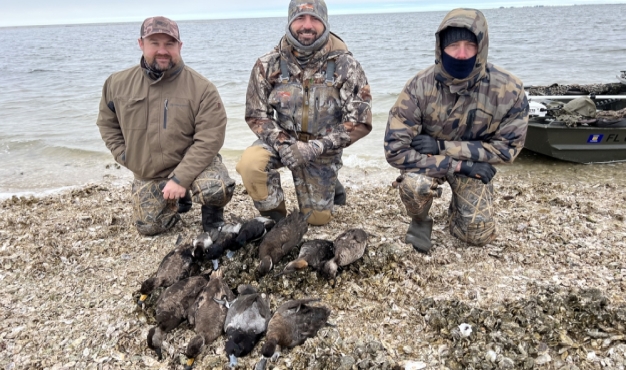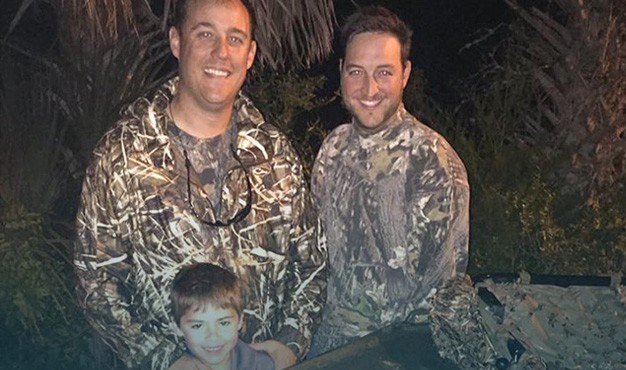Fishing is a beloved pastime that connects us to nature, offering both relaxation and excitement. However, as anglers, it's essential to recognize our responsibility in preserving the delicate aquatic ecosystems we enjoy. Sustainable fishing practices help ensure that fish populations remain healthy and that our natural environments are protected for future generations. Here’s how you can minimize your impact on the environment while enjoying your favorite sport.
Follow Local Regulations
Every fishing area has specific regulations designed to protect local fish populations and habitats. These regulations may include size limits, bag limits, seasonal restrictions, and gear restrictions. Always familiarize yourself with these rules before heading out and strictly adhere to them. This ensures that fish populations are not overexploited and have the opportunity to reproduce and thrive.
Catch and Release Properly
Catch and release fishing is a popular practice aimed at minimizing the impact on fish populations. However, it's crucial to do it correctly to ensure the fish’s survival. Use barbless hooks or hooks designed to cause minimal harm. Handle fish as little as possible and always with wet hands to avoid removing their protective slime coating. Release the fish gently back into the water, allowing it to swim away on its own.
Use Eco-Friendly Tackle and Gear
Traditional fishing gear can sometimes harm the environment. Opt for lead-free weights, as lead is toxic to wildlife. Additionally, consider using biodegradable fishing lines that reduce the risk of long-term pollution. Always retrieve and properly dispose of any broken or lost tackle to prevent it from becoming a hazard to marine life.
Choose Sustainable Fishing Locations
Select fishing spots that are not overfished and avoid sensitive habitats such as coral reefs and spawning areas. Overfishing and habitat destruction can lead to the decline of fish populations and the overall health of the ecosystem. By choosing sustainable fishing locations, you help protect these critical areas.
Practice Responsible Boating
If you fish from a boat, take steps to minimize your environmental footprint. Use a four-stroke engine or an electric motor to reduce pollution. Avoid anchoring on coral reefs or seagrass beds to prevent damage to these sensitive habitats. Always be aware of your surroundings to avoid disturbing wildlife.
Respect Wildlife Habitats
Fishing isn’t just about the fish; it's about the entire ecosystem. Be mindful of other wildlife and their habitats. Avoid littering and pick up any trash you see, even if it isn’t yours. Use designated cleaning stations to dispose of fish waste properly and avoid contaminating the water.
Support Conservation Efforts
Support organizations and initiatives that promote sustainable fishing practices and habitat conservation. Many of these organizations work to protect aquatic environments through research, education, and advocacy. Your support can make a significant difference in preserving the sport for future generations.
Educate Others
Share your knowledge of sustainable fishing practices with fellow anglers, friends, and family. The more people who understand the importance of eco-friendly fishing, the greater the positive impact on our aquatic ecosystems. Encourage others to follow regulations, practice catch and release, and respect the environment.
Reduce Your Carbon Footprint
Consider the broader impact of your fishing activities. Carpool with friends to fishing spots, use energy-efficient equipment, and reduce waste. Every small action contributes to a healthier planet.
Conclusion
Eco-friendly fishing practices are essential for preserving the sport and protecting the environment. By following local regulations, practicing catch and release, using eco-friendly gear, and respecting wildlife and habitats, we can enjoy fishing while ensuring that fish populations and aquatic ecosystems remain healthy. Let’s make a commitment to sustainable fishing and inspire others to do the same. Together, we can safeguard our natural treasures for future generations to enjoy!
Frequently Asked Questions
Q: Why is sustainable fishing important?
Sustainable fishing is crucial for maintaining healthy fish populations and preserving aquatic ecosystems. It ensures that fish species can reproduce and thrive, preventing overfishing and habitat destruction. Sustainable practices help protect the environment for future generations of anglers and wildlife.
Q: What types of fishing gear are considered eco-friendly?
- Eco-friendly fishing gear includes:
- Lead-free weights, as lead is toxic to wildlife
- Biodegradable fishing lines, which reduce long-term pollution
- Hooks designed to cause minimal harm to fish
- Gear made from sustainable and non-toxic materials
Q: What are the environmental benefits of sustainable fishing?
- The environmental benefits of sustainable fishing include:
- Healthy and balanced fish populations
- Preservation of aquatic habitats and ecosystems
- Reduced pollution and waste
- Enhanced biodiversity and resilience of aquatic environments
- Long-term viability of fishing as a recreational activity
Q: How can I support conservation efforts?
- You can support conservation efforts by:
- Donating to or volunteering with organizations that promote sustainable fishing and habitat conservation
- Participating in local clean-up events and conservation projects
- Advocating for policies and regulations that protect aquatic ecosystems
- Educating others about the importance of conservation

![[image] 6205156](https://saltriveroutfitters.com/wp-content/uploads/2024/06/image-6205156.jpg)
